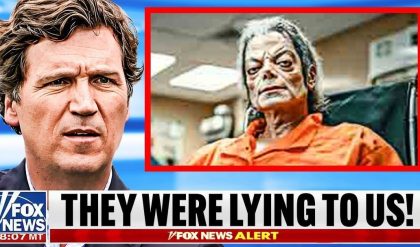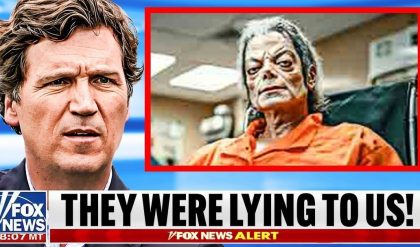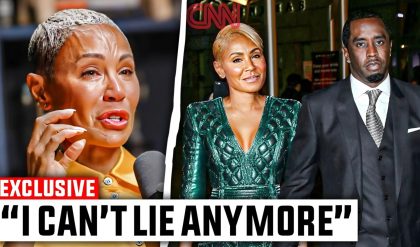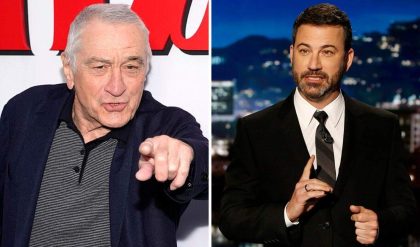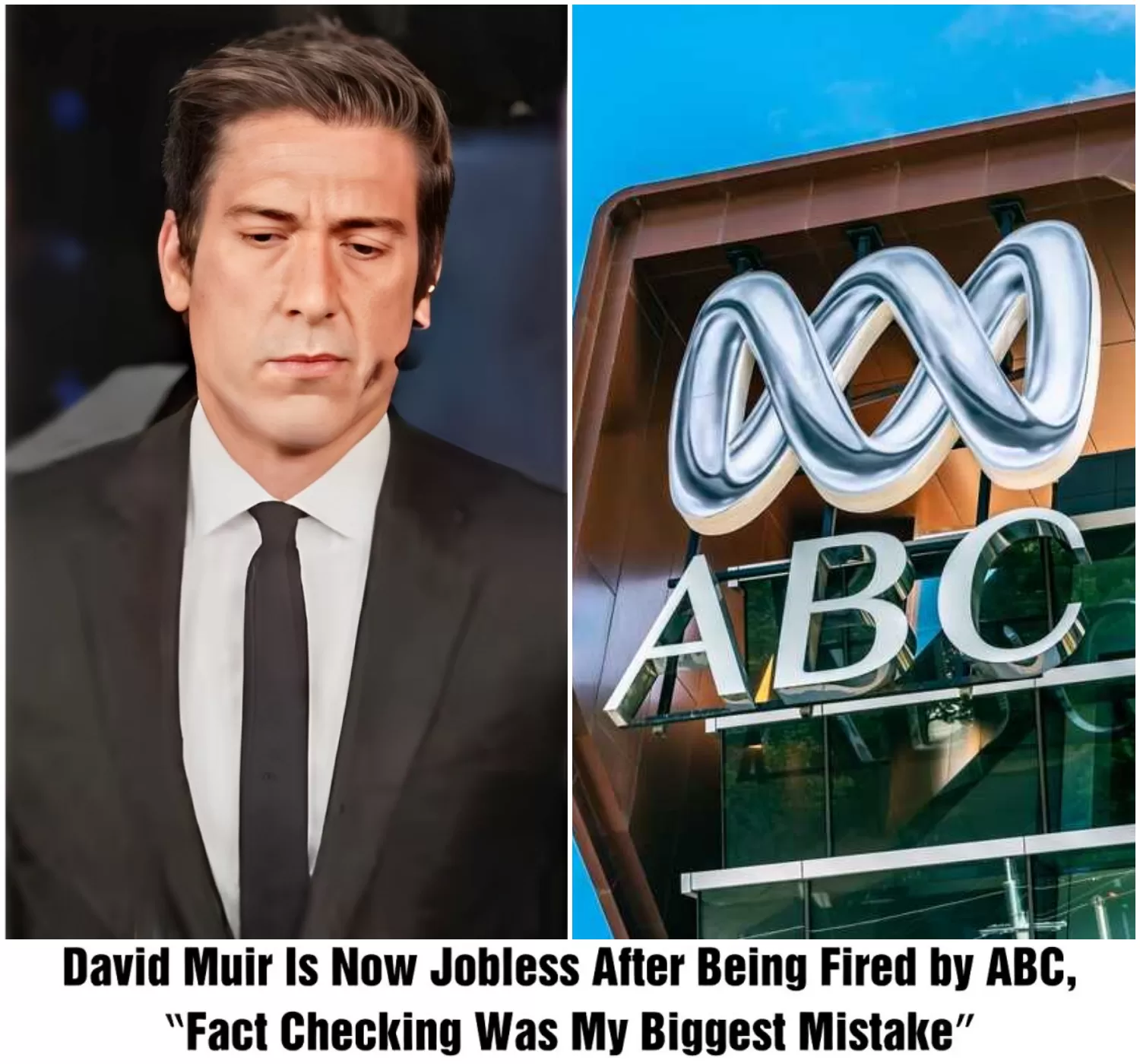
Muir’s exit is reportedly linked to a series of controversial decisions made during his tenure, most notably his commitment to rigorous fact-checking. In a candid interview following his dismissal, Muir reflected on his career, stating, “Fact-checking was my biggest mistake.” His comments have sparked a debate about the challenges facing journalists today, especially in an era where misinformation runs rampant on social media platforms.
For many years, Muir had been a staple in American households, delivering news with a blend of authority and approachability. His reporting on significant global events, from natural disasters to political upheavals, earned him accolades and a loyal following. However, as the media environment shifted, Muir found himself in increasingly contentious waters. The rise of “alternative facts” and a growing distrust in traditional media have put immense pressure on journalists to adapt their methods.
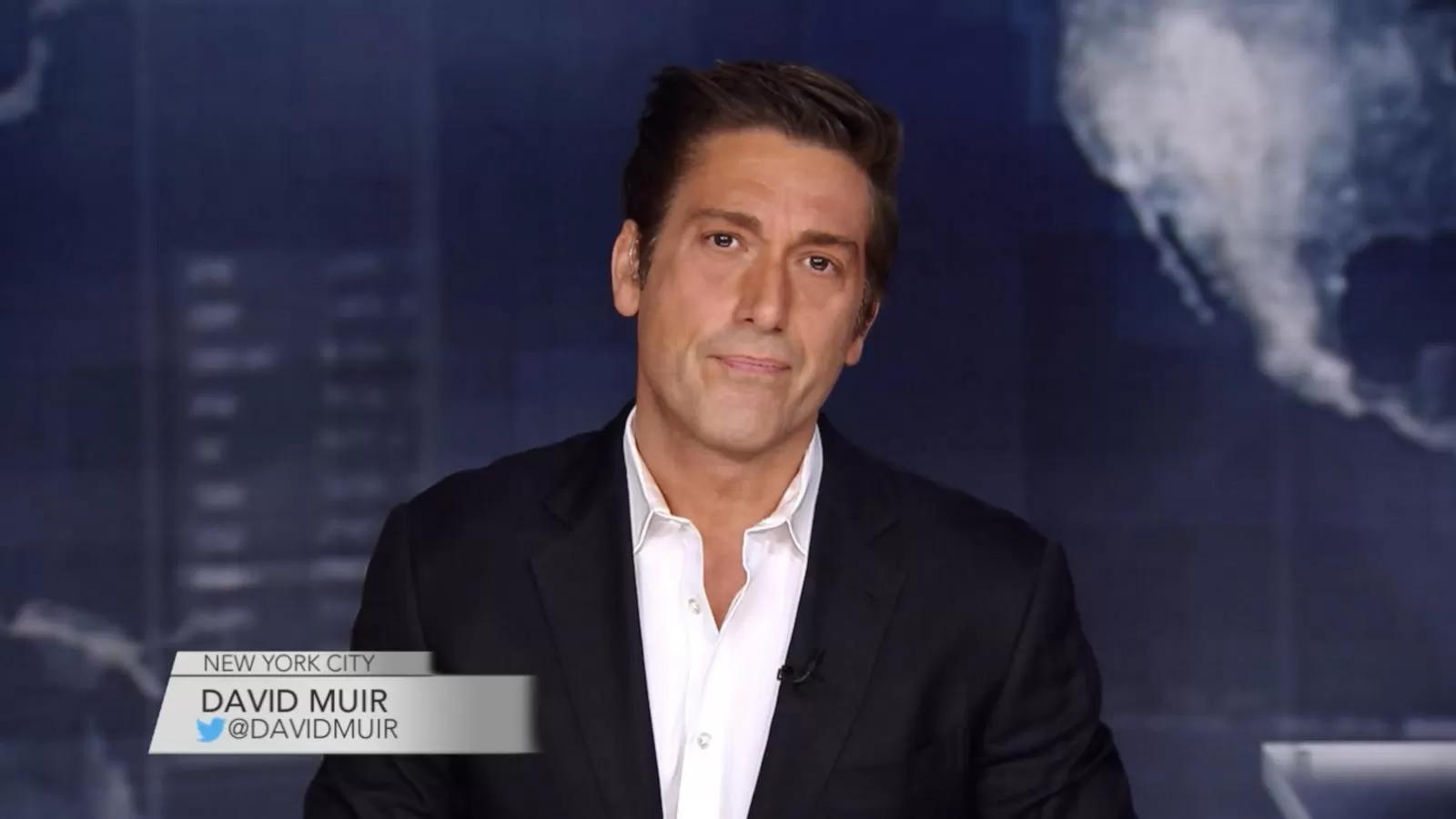
Critics of Muir’s approach argue that his dedication to fact-checking led to missed opportunities for more sensational coverage, which they believe is what attracts viewers in today’s media landscape. Muir, however, maintains that integrity should remain at the forefront of journalism, despite the pressures of ratings and viewership. “I believed that the truth mattered,” he lamented. “But in a world where sensationalism often overshadows substance, I now realize that my commitment to factual reporting may have cost me my career.”
Muir’s firing comes on the heels of significant changes at ABC, with the network seeking to reinvent its news division to compete with the likes of CNN, Fox News, and emerging digital platforms. Insiders report that ABC executives are looking for a new direction, one that may prioritize entertainment and engagement over the traditional values of journalism that Muir has championed.
In the wake of his dismissal, Muir has received an outpouring of support from colleagues and fans alike. Fellow journalists have taken to social media to express their admiration for his work and commitment to ethical journalism. Many see his firing as a troubling sign for the future of the industry. “If David Muir can be let go for prioritizing facts, what does that say about where we’re headed?” one colleague tweeted.
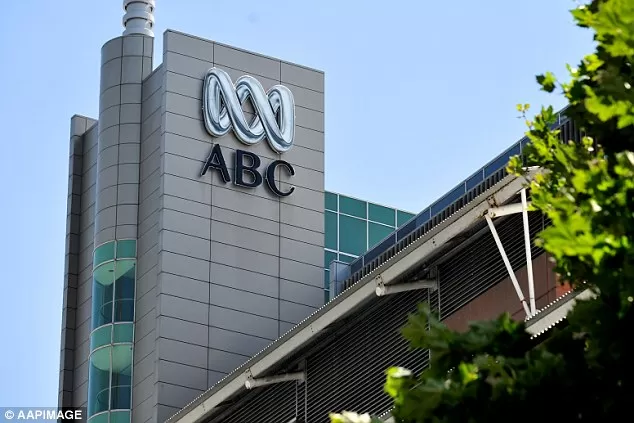
As Muir contemplates his next steps, the question remains: What does this mean for the future of news reporting? Will journalists continue to prioritize fact-checking and integrity, or will the allure of ratings and sensationalism ultimately dictate the course of the industry?
For now, Muir’s future is uncertain. While he has expressed a desire to remain in journalism, the landscape he once thrived in has changed dramatically. His story serves as a cautionary tale for journalists everywhere: in a world where truth often seems to be at odds with audience engagement, the stakes have never been higher.
As ABC moves forward, the network faces its own reckoning. In a media environment defined by rapid change and evolving audience expectations, it must navigate the fine line between entertainment and informative reporting. With Muir’s departure, many are left wondering who will fill the void left by a journalist committed to the truth. Only time will tell if the industry can balance integrity with the demands of a modern audience.


